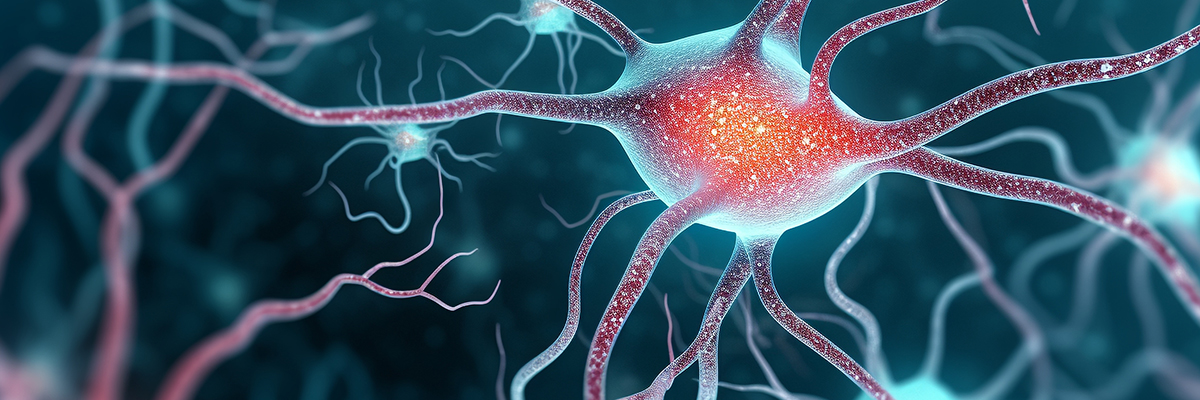In the field of biomedical science, monoclonal antibodies are hailed as one of the greatest scientific achievements of the 20th century. This highly homogeneous antibody produced by a single B cell clone, targeting only specific antigenic epitopes, has shown great potential in disease diagnosis, treatment, and prevention. This article will take you to a deeper understanding of the mysteries of monoclonal antibodies and explore their potential applications in the biomedical field.
Monoclonal antibodies are highly homogeneous and specific protein molecules produced by a single B cell clone. This antibody only targets specific antigenic epitopes and has extremely high recognition ability and specificity. In the past few decades, monoclonal antibody technology has rapidly developed from laboratory research to clinical application, bringing revolutionary changes to human health.
The preparation of monoclonal antibodies mainly uses hybridoma technology. Scientists have successfully prepared specific antibodies against antigenic epitopes by fusing sensitized B cells with the ability to secrete specific antibodies and myeloma cells with unlimited proliferation capacity to form B-cell hybridomas. This type of hybridoma cell can be cultured on a large scale to prepare a large number of homogeneous and high-purity monoclonal antibodies.
Monoclonal antibodies are widely used, covering multiple fields such as medicine, biology, and pharmacy. In the field of medicine, monoclonal antibodies are widely used in the diagnosis and treatment of tumors, autoimmune diseases, infectious diseases, etc. For example, monoclonal antibody drugs targeting tumors can accurately identify and attack cancer cells, while reducing damage to normal cells, improving treatment efficiency and patient quality of life. In biological research, monoclonal antibodies are used for fundamental research in fields such as immunology, cell biology, and molecular biology, revealing many mysteries of life processes. In drug research, monoclonal antibodies are used for drug development and quality control, improving the efficiency and success rate of drug development.
The clinical application value of monoclonal antibodies has attracted much attention. In the field of cancer treatment, monoclonal antibody drugs have become one of the standard treatment options for many cancers. For example, monoclonal antibody drugs targeting common tumors such as breast cancer, lung cancer, and colorectal cancer have been launched, providing patients with more treatment options. Meanwhile, with the rise of immunotherapy, monoclonal antibodies also play an important role in tumor immunotherapy, such as immune checkpoint inhibitors. In terms of autoimmune diseases, monoclonal antibodies can accurately inhibit overactive immune responses, reduce inflammation and tissue damage, and provide powerful tools for the treatment of common diseases such as rheumatoid arthritis and systemic lupus erythematosus. In terms of infectious diseases, monoclonal antibodies can specifically neutralize pathogens such as viruses and bacteria, providing new ideas and methods for the development of new vaccines.

However, the preparation and application of monoclonal antibodies still face some challenges. Firstly, preparing monoclonal antibodies with high affinity and specificity remains a technical challenge. Secondly, the high production cost of monoclonal antibodies limits their popularity and application in some regions and countries. In addition, the long-term safety and efficacy of monoclonal antibodies still need further validation.
Future outlook: With the continuous development of technology, monoclonal antibody technology will continue to innovate and improve. The emergence of new preparation technologies will reduce production costs and improve the quality and yield of antibodies. Meanwhile, with the deepening of immunotherapy research, the application of monoclonal antibodies in fields such as tumor immunotherapy will become more widespread. In addition, with the rise of personalized and precision medicine, monoclonal antibodies will become one of the key tools for achieving personalized treatment.
In summary, monoclonal antibodies, as one of the important breakthroughs in the biomedical field, have shown enormous potential in disease diagnosis, treatment, and prevention. Although there are still some challenges and issues, with the emergence of the Beacon single-cell photoconductive system from Redbert (Beijing) Biotechnology Co., Ltd., you can save a lot of time and greatly reduce production costs. The Beacon single-cell photoconductive system can intervene when the cell diversity and survival rate reach their optimal level after transfection, and it is easy to screen multiple cells and select cell lines with higher expression levels, greatly reducing subsequent production costs. The emergence of Beacon single-cell photoconductive system has made breakthrough progress in tumor immunotherapy. In the future, we believe that monoclonal antibody technology will bring more breakthroughs and contributions to human health.
* The above content is collected online for reference only. If the article on this website involves copyright or other issues, please contact us in a timely manner and we will handle it as soon as possible!